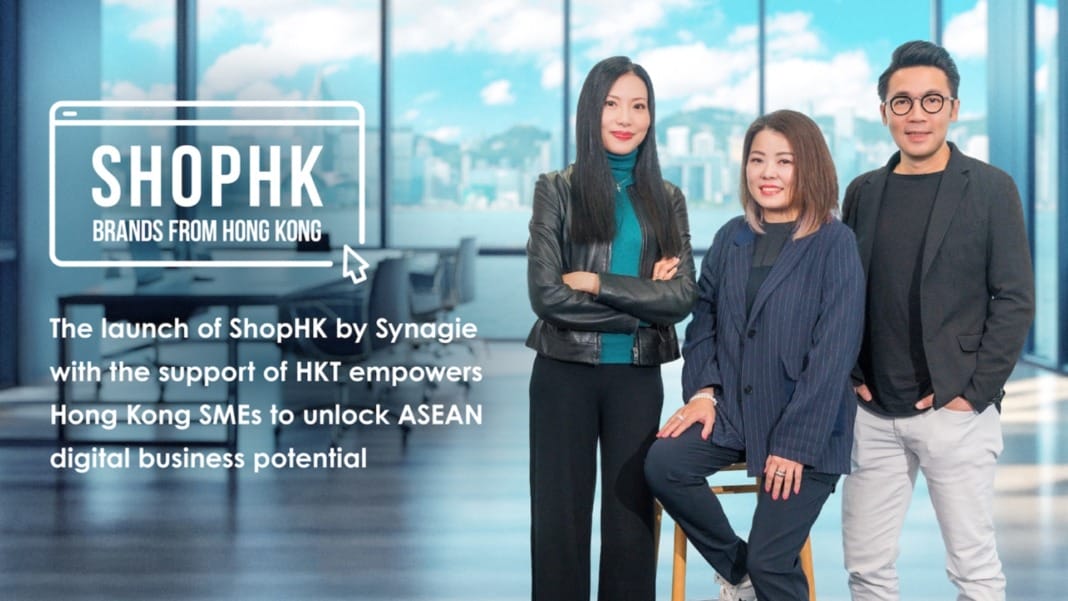New research highlights that persistent misconceptions about careers in science, technology, engineering and mathematics (STEM) are discouraging young women in Singapore from entering these industries, potentially limiting the country’s future economic growth.
The findings come as Singapore’s technology sector experiences significant growth, with the number of roles increasing by 25% over the past five years, according to the Infocomm Media Development Authority. While women’s representation in STEM roles has improved—from 29% in 2014 to 35% in 2024 based on data from the Ministry of Manpower—more work remains to ensure equitable opportunities.
A recent survey of 1,000 Singaporeans aged 18 to 34, commissioned by United Women Singapore (UWS), reveals that 61% of women and 51% of men believe societal expectations and stereotypes are contributing to gender imbalances in STEM fields. Despite ongoing efforts to promote gender diversity, fewer than one-third of women surveyed believe they have equal opportunities in STEM compared to 41% of men.
A call for inclusive support and mentorship
Tan Ching Ne, President of United Women Singapore, emphasised the importance of addressing these gaps. “These findings highlight a significant disconnect that risks Singapore’s ability to build the workforce needed for our future economy,” she said. “We know there is high demand for these roles already and when half our talent pool faces barriers to STEM careers, we limit our nation’s innovation potential.”
The study also revealed a sharp contrast in perceptions of support in the workplace. Just 23% of women feel they receive adequate support to succeed in STEM roles, while 52% of men say the same. Female respondents identified the need for greater visibility of women in leadership and mentorship roles as a way to improve workplace inclusivity. The report also points out the critical role male allies can play in helping women advance in STEM careers. However, many men underestimate the impact they can have.
For example, 40% of women said they would like men to advocate for equal pay and promotion opportunities, yet significantly fewer men saw this as helpful. This highlights a disconnect between intention and perception, which could hinder progress in building a diverse and inclusive talent pipeline.
Minister of State Sun Xueling also addressed the issue, stating, “When workplaces do not have diversity in their workforce, it risks perpetuating stereotypes and worsens the ability to include persons from different backgrounds who have the potential to contribute. Meritocracy is a key pillar of Singapore’s progress, while ensuring continuous social mobility in our society. We must not lose sight of that. But in the practice of meritocracy, we must make space for those who have succeeded to help those who are still trying, and for those who are stronger and in a better position to help those who start off with less. This extends across race, culture and gender.”
Nearly 30% of respondents, both male and female, felt that having the opposite gender present in their respective STEM fields could limit their own opportunities. These nuanced views suggest the need for more inclusive work environments, where both men and women are encouraged to collaborate and support one another’s growth.
Industry support to empower the next generation
The research was supported by Abbott, a global healthcare company that champions STEM education through initiatives like GoSTEMCHAMPS. Abbott’s Regional Medical Director, Dr Kenneth Lee, stressed the value of partnerships to support cultural shifts in the workforce. “Abbott’s goal is to create opportunities in STEM through programs and internships, in the immediate and longer term. We know that to drive innovation it is vital to access the best talent and encourage participation in rewarding careers that can make a difference in the world. Our GoSTEMCHAMPS programs in Singapore are structured to inspire the next generation to consider STEM careers, which can drive Singapore’s next phase of growth,” he said.
The report identifies several concrete steps that could help reshape public perceptions and improve gender balance in the industry. These include consistent training programmes that challenge outdated stereotypes in hiring and promotions, expanding mentorship programmes that showcase real-world examples of work-life balance, and raising the visibility of successful women in STEM to act as role models.
Tan Ching Ne added, “Mentorship drives change, as shown by the growing demand for UWS’s STEMentorship programme. Building a pool of mentors to support young women at different stages of their academic and career journeys is as crucial as developing female STEM leaders. UWS stresses that shifting mindsets requires collective action from government, industry, and community organisations.”
The findings make clear that while progress has been made, bridging the gender gap in STEM requires sustained, collaborative effort across sectors to ensure that the future workforce is both inclusive and competitive.





